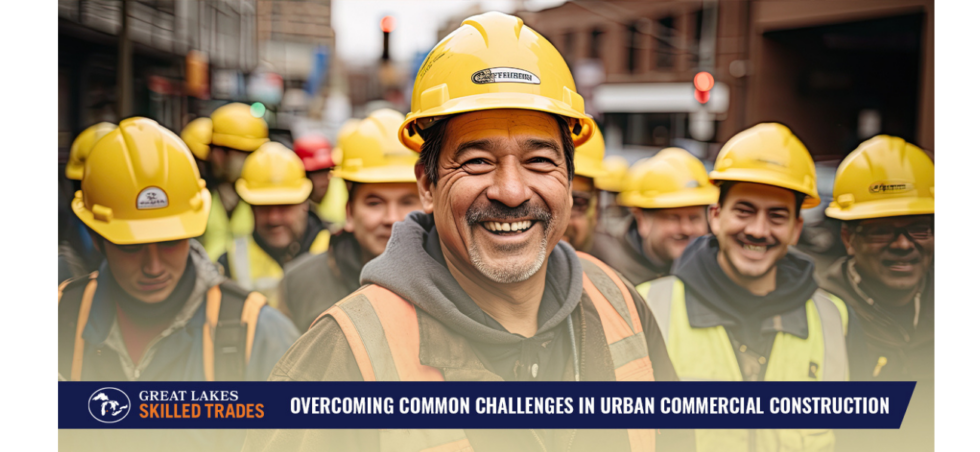Great Lakes Skilled Trades has announced the opening on its second office, just outside Milwaukee County in the northwest suburbs.
“Our Milwaukee branch will have the same competitive differentiation that has made our first branch a success in Grand Rapids: We are a local company that provides white-glove service,” said Dustin Ide, vice president and general manager with Great Lakes Skilled Trades. “For example, without fail on a worker’s first day at a job site we personally walk out the worker, check in with the contractor at mid-day and check in with the worker at the end of the day. We’re serious about keeping our promises to customers and workers.”
At the helm of the new branch is Business Manager Bob Kolega, who brings 20 years of skilled trades experience to the job, featuring a long stretch as a district manager for Tradesman International based out of Milwaukee.
“We’re itching to get started,” said Bob. “Job One will be to connect with all my construction contracts in the greater Milwaukee area. It’s the quality of these relationships that will determine our ongoing success.”
Joining Bob at the branch is Scott Gifford, who takes over as recruiter. Scott comes from a 33-year career in the printing industry.
Stop by the new branch at W177N9856 Rivercrest Drive, Suite 236, Germantown, WI 53022, and let’s see if can help your grow your business through the strategic application of contingent labor.
Was this blog post helpful for you? Why not subscribe to our blog? It’s free. Just input your email address below. We promise we won’t spam you. However, as our way of saying thanks for subscribing, we’ll send you our e-book, “4 Things to Consider When You’re Looking for a Temporary Staffing Firm.”
Subscribe








